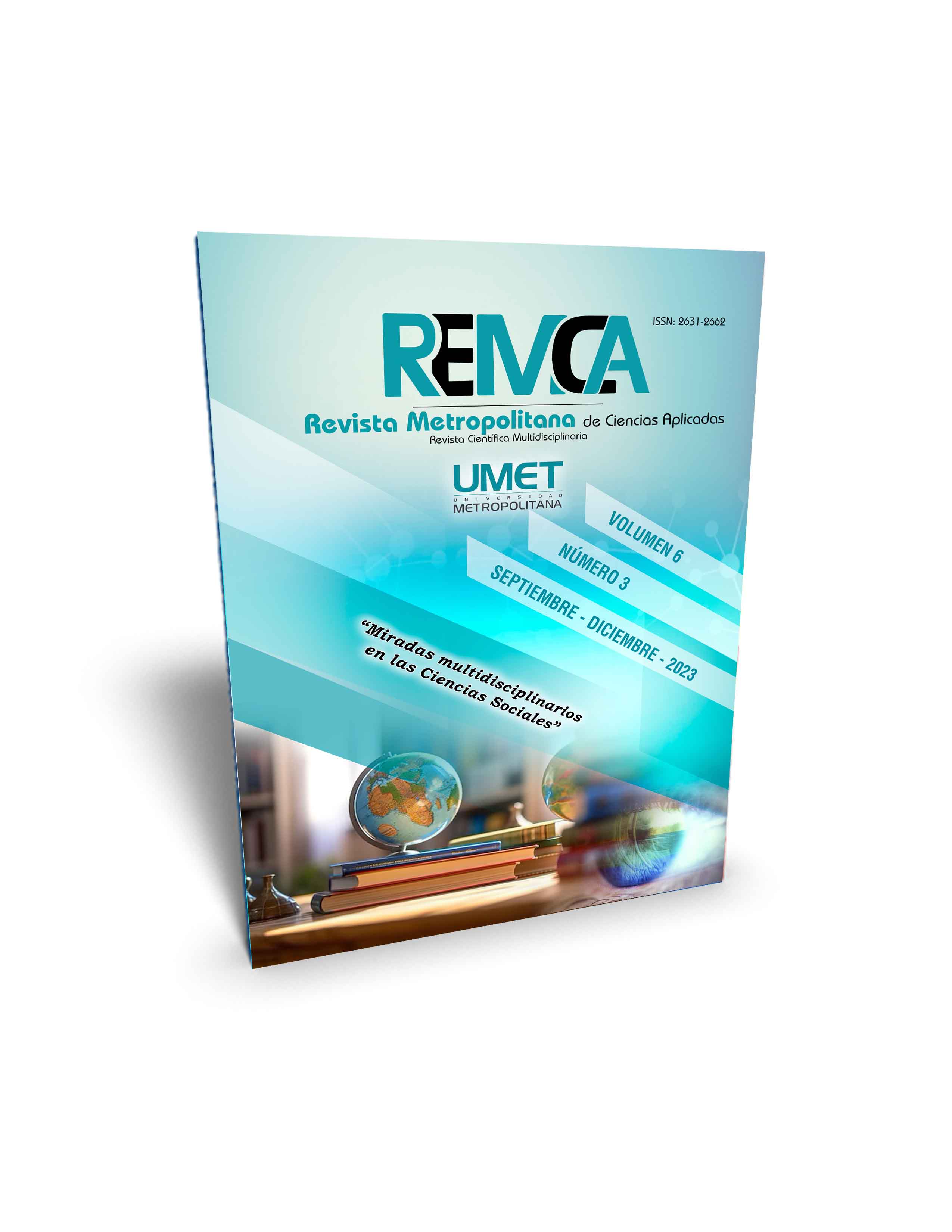Formal and non-formal education in Mexico: a comparative analysis and prospects for improvement
DOI:
https://doi.org/10.62452/89djgn51Keywords:
Formal context, non-formal context, informal context, learning, education, challenges, advantagesAbstract
The essay addresses the issue of formal and non-formal education in Mexico, examines the importance of both types of education in the country, highlighting their characteristics, differences and contributions to social and economic development. Through the methodology based on the bibliographic review, relevant data are analyzed to understand the current situation of the educational system in Mexico and the opportunities offered by non-formal education to complete formal education. In development, the challenges and advantages of each type of education are described and their influence on the individual and collective is examined. The findings summarize key findings and highlight the need for closer integration between the two types of education to drive growth and progress in the country.
Downloads
References
Aguilera, A., Mendoza, M. Racionero, S., & Soler, M. (2010). El papel de la universidad en Comunidades de Aprendizaje. Revista Interuniversitaria de Formación del Profesorado, 24(1), 45-56.
Colardyn, D., & Bjornavold, J. (2004). Validation of formal, non-formal and informal learning: policy and practices in EU member states. European Journal of Education, 39(1), 69-89.
Cooms, P.H., & Ahmed, M.L. (1975). La lucha contra la pobreza rural, el aporte de la educación no formal. Tecnos.
Fundación Wikimedia. (2023). Wikipedia la enciclopedia libre. https://www.wikipedia.org/
México. Secretaría de Educación Pública. (2000). La estructura del sistema educativo mexicano. https://www.sep.gob.mx/work/models/sep1/Resource/1447/1/images/sistemaedumex09_01.pdf
Vásquez, G. (1998). La educación no formal y otros conceptos próximos. En, J. Sarramona, G. Vázquez y A. Colom (Eds.). Educación no formal. (pp. 11-25). Editorial Ariel, S.A.
Downloads
Published
Issue
Section
License
Copyright (c) 2023 Martha Chargoy-Espinoza (Autor/a)

This work is licensed under a Creative Commons Attribution-NonCommercial-ShareAlike 4.0 International License.
Authors who publish in Revista Metropolitana de Ciencias Aplicadas (REMCA), agree to the following terms:
1. Copyright
Authors retain unrestricted copyright to their work. Authors grant the journal the right of first publication. To this end, they assign the journal non-exclusive exploitation rights (reproduction, distribution, public communication, and transformation). Authors may enter into additional agreements for the non-exclusive distribution of the version of the work published in the journal, provided that acknowledgment of its initial publication in this journal is given.
© The authors.
2. License
The articles are published in the journal under the Creative Commons Attribution-NonCommercial-ShareAlike 4.0 International License (CC BY-NC-SA 4.0). The terms can be found at: https://creativecommons.org/licenses/by-nc-sa/4.0/deed.en
This license allows:
- Sharing: Copying and redistributing the material in any medium or format.
- Adapting: Remixing, transforming, and building upon the material.
Under the following terms:
- Attribution: You must give appropriate credit, provide a link to the license, and indicate if any changes were made. You may do this in any reasonable manner, but not in any way that suggests the licensor endorses or sponsors your use.
- NonCommercial: You may not use the material for commercial purposes.
- ShareAlike: If you remix, transform, or build upon the material, you must distribute your creation under the same license as the original work.
There are no additional restrictions. You may not apply legal terms or technological measures that legally restrict others from doing anything the license permits.




